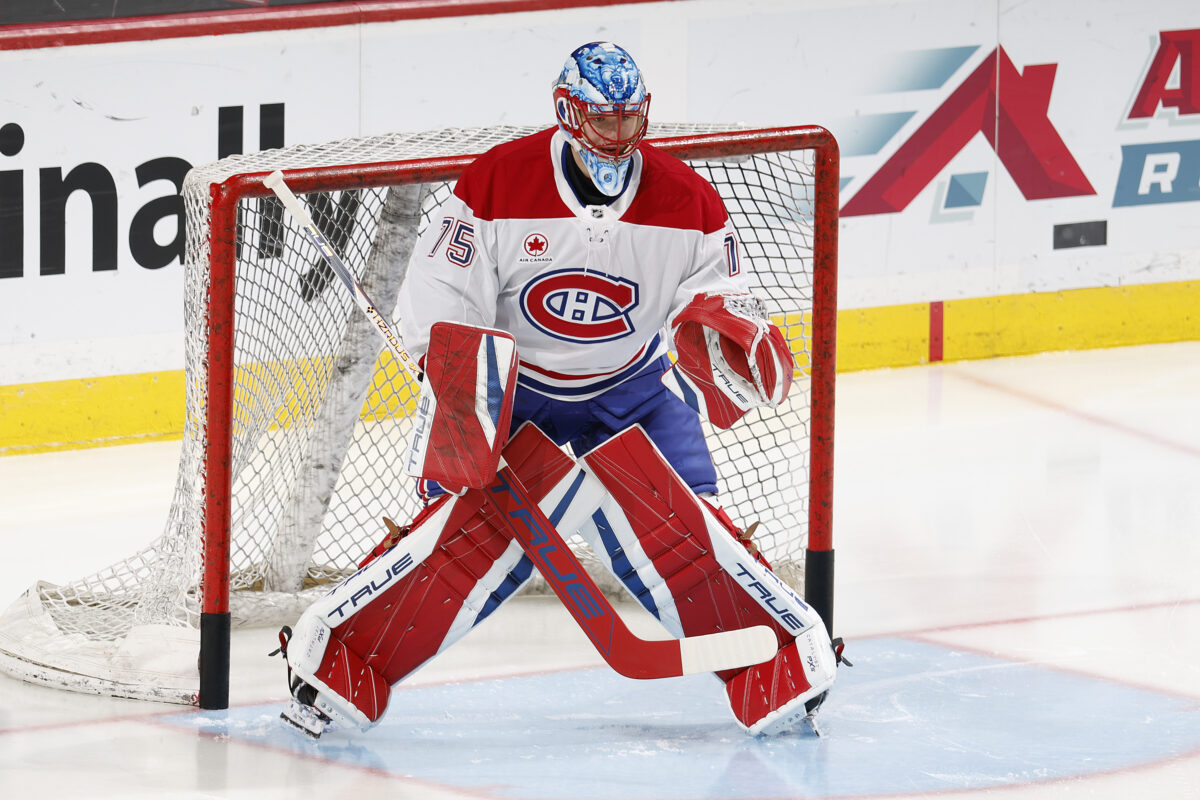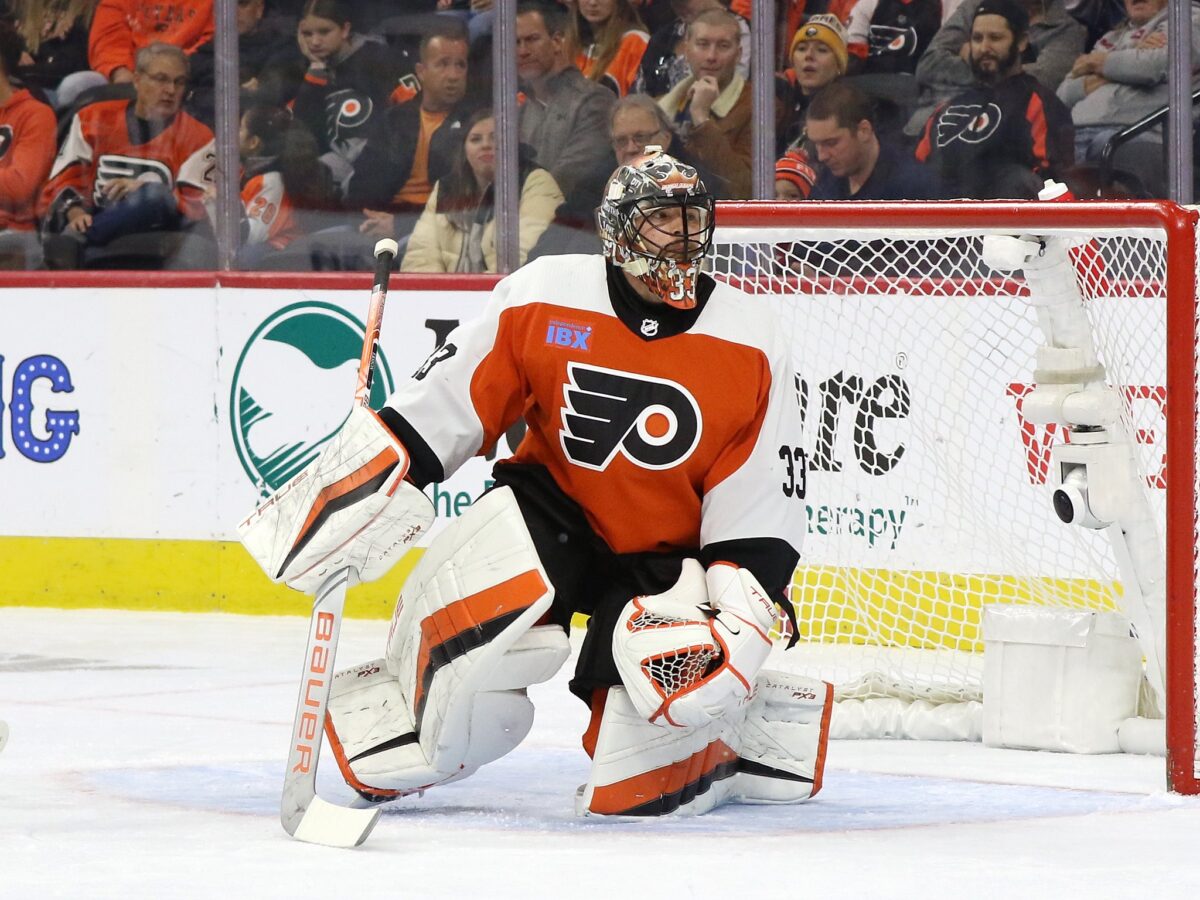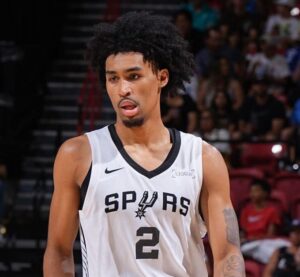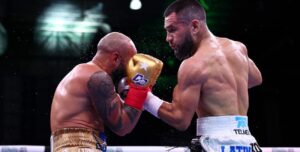As Jakub Dobes approaches the final year of his entry-level contract with the Montreal Canadiens, the discussion about a potential extension is quickly gaining traction. Dobes has been a standout in his development with the American Hockey League’s (AHL) Laval Rocket and has earned the opportunity to show what he can do with the Habs this season. He is considered a key piece of Montreal’s future goaltending depth. With a promising start to his professional career and a strong background in the NCAA, Dobes’ future looks bright, but what kind of contract extension makes sense for both the Canadiens and their emerging young goalie?
How Many Years?
Looking around the league, how many years would make sense for Dobes? Goalies in the NHL usually get fewer years than skaters. Only a select group of elite goalies have secured long-term deals in the league. For younger goalies with still lots to prove, like Dobes, we usually see a transition or bridge deal. Those deals are usually two or three years long, giving the goalie the chance to prove what he can become before giving him a longer deal.
A couple of active young goalies have signed such deals. Yaroslav Askarov, Jesper Wallstedt and Samuel Ersson all signed two-year contract extensions following their entry-level contract. It is also important to note that both Askarov and Wallstedt were first-round picks and are seen as future number-one goalies for the San Jose Sharks and Minnesota Wild, respectively. Daniil Tarasov and Spencer Knight both signed a three-year deal following their rookie contract.

Young goalies usually don’t get much term on their second deals. It takes time for a goaltender to develop, and teams are much more cautious with them. Teams are usually looking for some sustained success before throwing longer deals to their young goalies. I believe it is fair to assume the Habs will do the same. Dobes has only played 12 games for the Canadiens and 65 games for the Rocket. He has looked decent, but he hasn’t played a lot.
How Much?
To determine what a fair contract would look like, it’s essential to look at money comparables around the league. Dobes is a fifth-round pick who has played a handful of games in the NHL. I believe his comparables are Askarov and Wallstedt. Both have played only a few games in the NHL but spent most of their time in the AHL. The thing is, both are former first-round picks and have higher ceilings. Askarov signed a two-year contract extension last summer that will pay him $2 million per year. On the other hand, Wallstedt signed a two-year contract extension last fall that will pay him $2.2 million per year.
A strong contract comparable for Dobes could be Ersson, the young goaltender for the Philadelphia Flyers. Like Dobes, Ersson is a former fifth-round pick who has found success in Philadelphia. In the summer of 2023, Ersson signed a two-year contract at $1.45 million per year following a solid stint in the AHL and a few impactful appearances in the NHL. This bridge deal reflects his potential without committing long-term, making it a great point of reference for a young goaltender still in development. His situation at the time of his 2023 contract was very similar to Dobes’ current position.

A Dobes contract extension should likely fall in the range of a two to three-year deal with an average annual value between $1.5 million and $2 million. This projection is based mainly on comparable contracts signed by other young goaltenders in similar stages of their careers. For instance, Ersson’s 2023 extension with the Flyers, which was also a short-term bridge deal worth $2.9 million over two years, serves as a strong benchmark. This contract would offer a fair value that reflects his upside, while also providing the Canadiens flexibility as they continue to assess his transition to the NHL.
Securing a contract extension for Dobes this summer is a crucial step for the Canadiens, not just in terms of locking up a promising young goaltender but also in providing stability to their long-term plans in the net. With his potential evident, the Canadiens must strike the right balance between rewarding him for his growth and giving him the time he needs to fully transition into an NHL role. A short-term bridge deal, similar to that of Ersson, would allow Montreal to keep him under contract at a fair value while maintaining flexibility as Dobes continues to develop.








